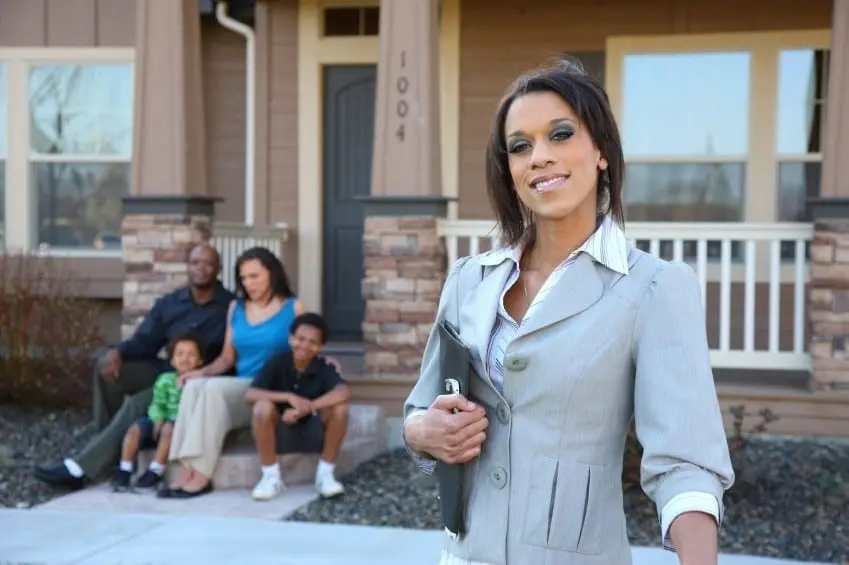
Realtors know how to use recent sales of comparable properties, called “comps,” to help buyers figure out how much to pay to buy an existing resale home.
But how does the price and offer process work when the buyer wants to purchase a brand-new home from a builder?
In some ways, it’s the same, since the Realtor and buyer must make a determined effort to sort out market prices. In other ways, it’s different since builders often set firm base prices, negotiating only add-ons, upgrades and incentives — if they negotiate at all.
Make an Offer
Some builders have an open-door policy in which the buyer makes an offer and the builder’s on-site salesperson presents it to a manager, who decides whether to accept it, explains Tara Moore, a Realtor at RE/MAX Select in Winter Garden, Fla.
Other builders “will laugh at that,” Moore says. Rather than solicit offers from buyers, these builders set a base price for each home, and that price is a fixed price.
“You don’t make an offer to them,” Moore says. “They tell you what their pricing is and what their current incentives are and that’s end of story.”
Many builders also charge a so-called lot premium, which depends on the location the buyer chooses within the new-home community — more desirable lots naturally command fatter premiums.
And beyond that, some builders take an everything’s-included approach, while others encourage buyers to add upgrades, like a larger master bedroom, grander staircase, hardwood flooring or covered patio. Buyers can also upgrade their fixtures, finishes and appliances, either from preset packages or at the builder’s design center. Each upgrade might be involve additional costs or be negotiable.
Pricing Data
Given all those moving parts, it’s not always easy for Realtors or buyers to figure out how much a newly built home is worth. Moreover, prices of closed sales of newly built homes are typically proprietary non-public information.
Some builders list new construction homes in the realty brokers’ multiple-listing service (MLS), but many of those sales were negotiated six months to a year before they closed, which means “those prices might not be valid” in current market conditions, says Ken Pozek, a Realtor at Keller Williams Realty in Northville, Mich.
So, Pozek says he contacts sales managers at multiple new-home communities to compare their current pricing for comparable homes that are for sale or under contract.
“I’m looking for base pricing because there are so many options, even when you’re dealing with a mid-level builder,” he says. “I try to take the options out of it, ask, ‘What’s the base price?’ and back into from there.”
The Realtor can also help buyers understand which upgrades might add resale value to their home and which are purely for the love of that special feature.
Appraisal Risk
Buyers who need financing must be careful not to add so many upgrades to their new home that the appraiser’s opinion of the home’s value won’t support the sale price or loan amount.
“The appraiser will ask to see all the sold (homes) with similar square footage,” Pozek says. “If they all sold for $700,000 and you upgraded to $800,000, you might not get your loan or you’ll have to pay cash for the difference. The appraiser won’t say it’s worth $800,000 just because you want to spend $800,000.”
The price per square foot can be a useful measure, too, because new construction homes are sometimes pricier than comparable resale ones. That’s because “the buyer has to pay for landscaping and other things (the builder doesn’t include). But you’re getting the option or opportunity to customize a home. You’re not choosing someone else’s and then making your own changes to it,” Pozek says.
High Incentivized
Rather than discuss pricing, some builders prefer to talk about incentives they offer to entice buyers to purchase a home.
An incentive might be offered for a specific home that’s already on the market or a group of homes being built in a new community, says Jamie Ovalle, director of marketing at Drees Homes, which builds homes in Cincinnati, Dallas, Raleigh, Jacksonville, Washington, D.C., and other cities.
One example would be a grand opening incentive that buyers might be offered when a new-home community first opens for sales.
“(The incentive) is about upgrades that don’t come standard with our homes,” Ovalle explains. “Stainless steel appliances are a very popular one. Granite (countertops) in the lower price ranges. Hand-scraped hardwood floors. Double ovens. Outdoor living areas — that’s a covered patio with a built-in kitchen.”
Buyers who sign a purchase contract while the incentive is on offer get the extras at no additional cost. What’s included in the incentive package might or might not be negotiable.
Ask For Extras
With so many moving parts in new-home pricing, it’s up to the Realtor to talk to the builder’s on-site salesperson, find out how the builder operates, research the data and then help the buyer figure out how much to spend.
“Negotiation on a new-built home isn’t always about knocking down the price,” Moore concludes. “Builders don’t want to do that because they want to keep the integrity of the pricing in the neighborhood. Instead, it’s about getting creative. Maybe they will throw in (window) blinds or a fence or add more to closing costs — things like that.”

